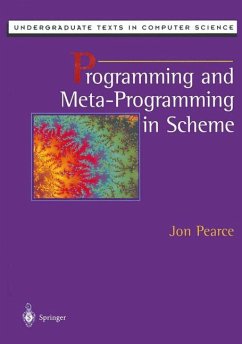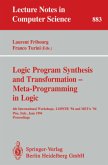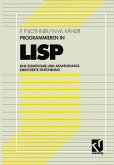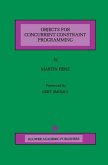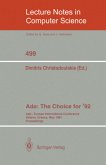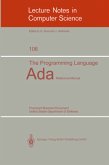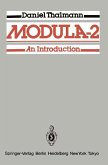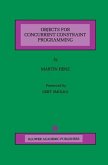By now, Scheme is a well-established programming language and is finding increasing popularity in programming courses for undergraduates. Its expressive capabilities are matched by a simplicity of language and ease-of-use which have made its adherents disciples! This textbook provides a comprehensive first course in Scheme and covers all of its major features: abstraction, functional programming, data types, recursion, and semantic programming. Although the primary goal of this text is to teach students to program in Scheme, it will be suitable for any student studying a general programming principles course. Each chapter is divided into three sections: core, appendix , and problems. Most essential topics are covered in the core section, but it is assumed that most students will read the appendices and solve most of the problems. (Nearly all of the problems require students to write short Scheme procedures.) As well as providing a thorough grounding in Scheme, the author discusses in depth different programming paradigms. An important theme throughout is that of "meta-programming": the perspective that programs themselves can be treated as data, and hence can be analyzed and modified as objects. This provides insight into topics such as type-checking and overloading which might otherwise be missed.
Bitte wählen Sie Ihr Anliegen aus.
Rechnungen
Retourenschein anfordern
Bestellstatus
Storno

